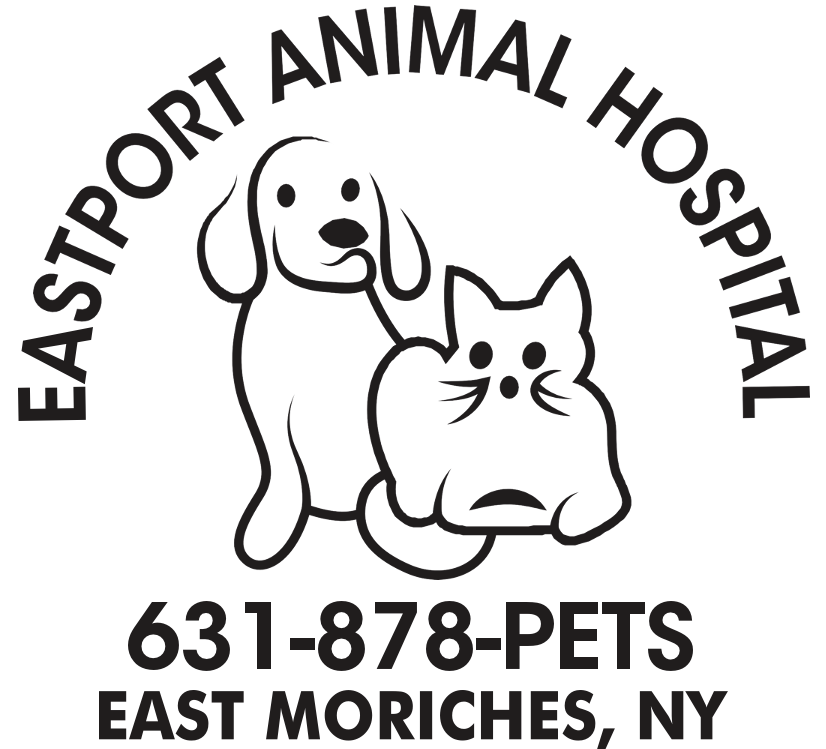Common Pet Diseases that Humans Can Become Infected With …
Pets can carry diseases that are easily transmitted from animals to humans. This category of is called zoonotic diseases. They can range from common instestional parasites or diseases that your pets should be vaccinated for and on prevention products to avoid infection. Some people are more susceptible to infection than others. We promote prevention care to avoid infection of common diseases. It is more cost effective to be proactive and use prevention than it is to treat these diseases, whereby your pet will then need prevention anyway.
Roundworms
Roundworms are one of the most common internal parasitic worms found living in our pets. Almost all dogs and cats will become infected at some point of their lives, if not on the proper prevention year round.
Ringworm
Ringworm is a fungal skin infection that is easily passed from humans to pets or pets to humans. It is particularly common in puppies and kittens that are housed in less than ideal living conditions. Humans will have a round ring occur on the skin at the infection site. Whereas, pets may often have an area of dry flaky skin and hair loss at the affected area.
Rabies
Rabies, is a virus most people have knowledge of, it is transmittable to any mammal including dogs and cats. Pets are often exposed through contact with wildlife, particularly skunks and racoons. Rabies is a deadly disease. It is mandated by New York State that dogs, cats and ferrets are currently vaccine at all times, in order to protect the general public.
Leptospirosis (“Lepto”)
Lepto is a bacterial disease found in wildlife urine (ie: Deers, Raccoons, etc) and is often aquired through contact of skin or mucous membranes that are possibly contaminated with this disease. It is more common in areas where wildlife is most common and areas where dogs may swim, such as local ponds and lakes.
Salmonella, E. Coli and Campylobacter
These are bacteria that can cause infection of the intestinal tract of dogs, cats and other pets. The disease can also be passed to people through contact with infected feces.
At your pets next veterinary visit, talk about a comprehensive parasite prevention program and keep all your pets up to date on their vaccines. Some helpful tips to avoid infection is to practice clean hygiene. Teach your children to always wash their hands thoroughly after handling their pets and always after handling wildlife. It is the utmost importantance to have your pets feces checked for parasites at least ONCE a year, or as per your veterinarians request, even if you are on a prevention program. This will ensure the health of your pets and keep your family safe.
